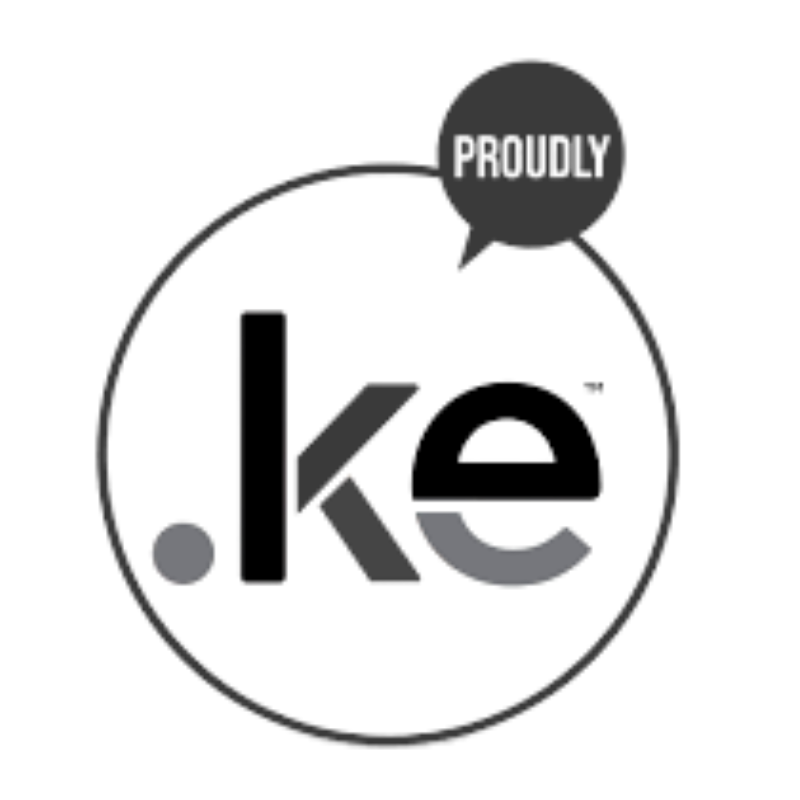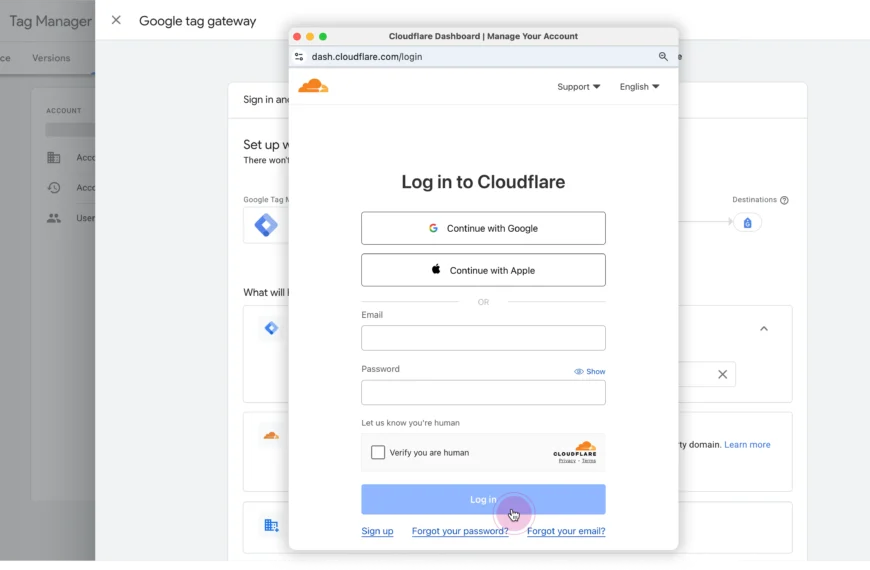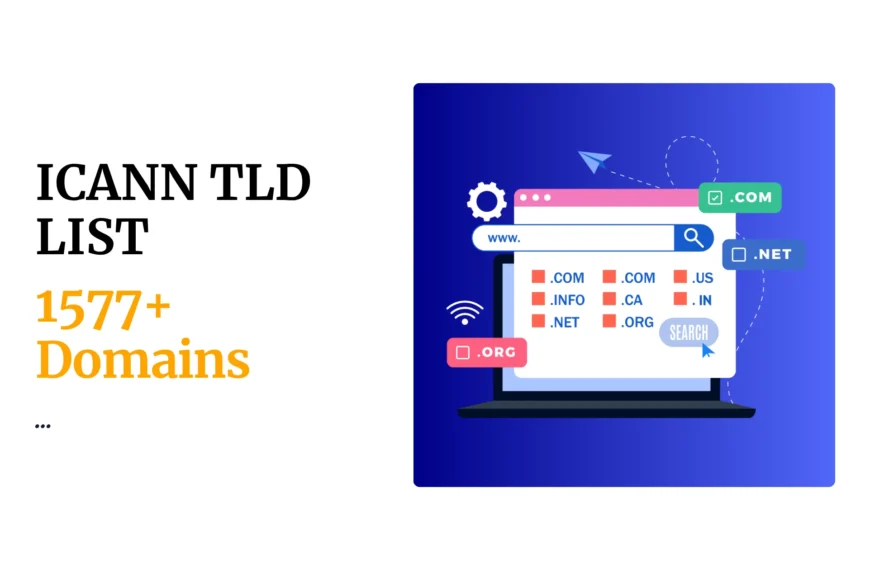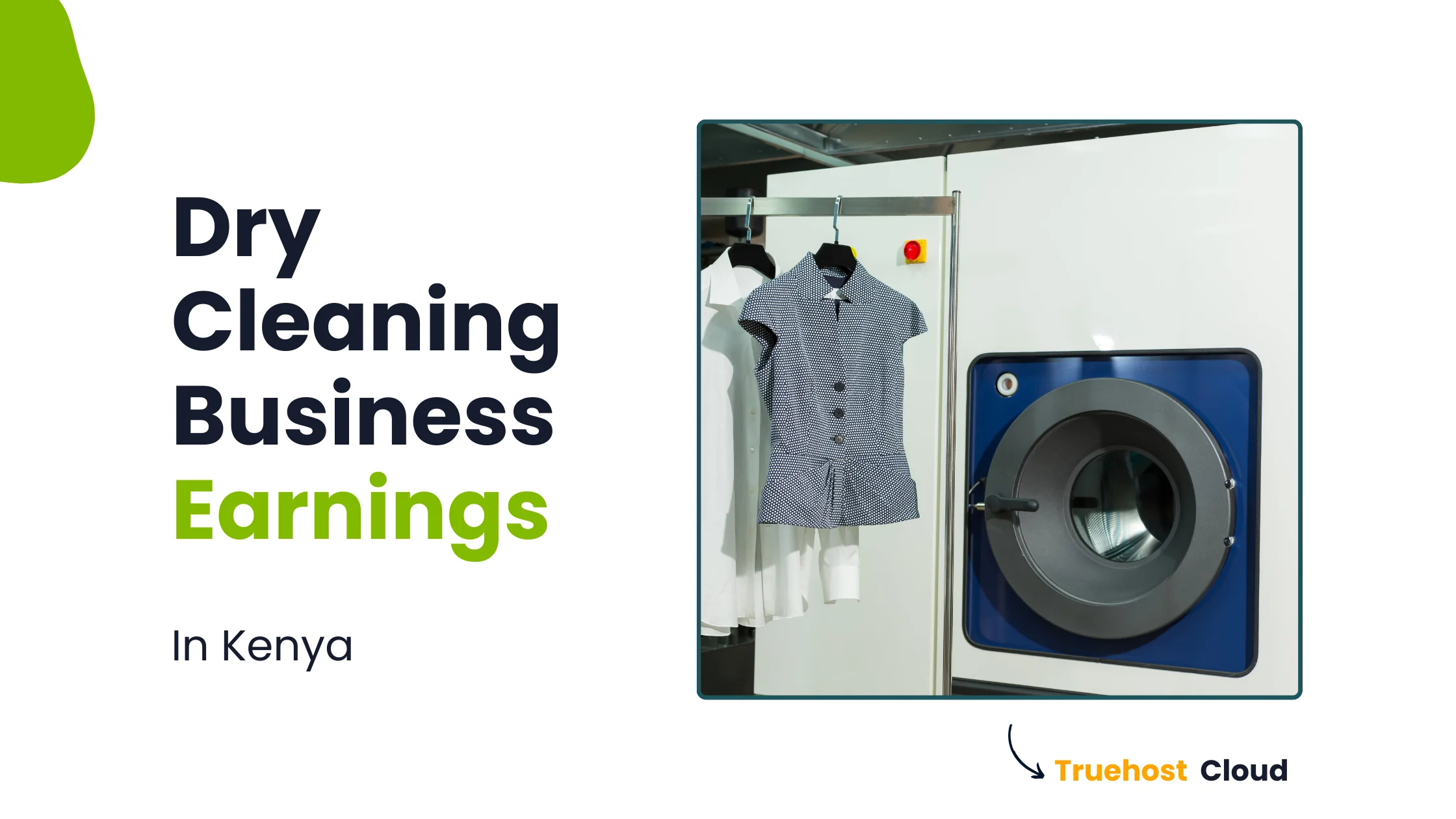Hey there! Are you tired of the daily hustle and bustle of a 9 to 5 job?
Do you want to be your own boss and run a successful business set up?
Look no further because a dry cleaning business in Kenya might be the perfect option for you!
This industry has been thriving in the country with many people seeking affordable and efficient dry cleaning services.
In this blog post, we will discuss how to start and market your dry cleaning business in Kenya.
So, sit back, and let’s get started!
A brief overview of dry cleaning as a business opportunity in Kenya
Dry cleaning is a lucrative business opportunity in Kenya due to the increasing demand for laundry services from busy individuals and households.
With the rise of dual-income families, more people are seeking professional cleaning services that offer convenience and quality care for their garments.
Dry cleaning businesses have also become popular among corporate entities such as hotels, hospitals, and restaurants that require regular laundry services.
Starting a dry cleaning business requires investments in equipment such as washing machines, dryers, pressing irons, steamers, and hangers.
The location is also critical for any successful dry cleaning venture.
Areas with high traffic flow such as residential areas or commercial centers make ideal locations for this kind of business.
At the same time, marketing strategies are essential to attract customers looking for professional laundry solutions.
With proper planning and management skills, starting a dry-cleaning business can be an excellent investment opportunity in Kenya.
The industry has low barriers to entry since it does not require formal education qualifications or technical skills to operate successfully.
Anyone willing to put in the effort can learn the ropes through training programs offered by suppliers or experienced professionals already in the industry.
Research on the Kenyan dry cleaning industry
Before you can start a dry cleaning business in Kenya, you need to do some homework.
a). Overview of the market size and potential
The dry cleaning industry in Kenya has a huge market size and potential.
According to research, the laundry and dry cleaning sector is projected to grow at a compound annual growth rate (CAGR) of 5.8% from 2020-2025.
This is due to the increasing demand for professional laundry services driven by urbanization, rising disposable income, and changing consumer lifestyles.
Furthermore, the COVID-19 pandemic has also contributed to the growth of the industry as more people are becoming conscious about hygiene and cleanliness.
The demand for disinfection services has surged since the outbreak started.
In addition, with a population of over 50 million people, Kenya presents an enormous opportunity for entrepreneurs looking to start a dry cleaning business.
The middle class is growing rapidly in Kenya, so there will be more disposable income for luxury services like professional laundry and dry cleaning.
b). Analysis of competition and target customer demographics
When starting a dry cleaning business in Kenya, conducting thorough research on competition and target customer demographics is essential.
Identifying the strengths and weaknesses of competitors can help you develop strategies to set yourself apart and attract customers.
For instance, you can offer faster turnaround times or use eco-friendly cleaning products.
Knowing your target customer demographics is also crucial for marketing efforts.
You need to understand their age range, occupation, income level, location and lifestyle habits.
This knowledge helps you tailor your marketing messages to appeal to them directly through targeted advertising channels such as social media platforms or print media in specific locations.
For example, suppose your target demographic is young professionals who live in urban areas and value convenience.
In that case, you may want to focus your efforts on digital advertising that highlights the speed and ease of using your service.
Alternatively, if your primary customers are busy parents with children who need quality school uniforms cleaned regularly, you could consider partnering with local schools or parenting groups for more targeted outreach.
c). Discussion of regulatory barriers and required licenses
Starting a dry cleaning business in Kenya can be lucrative, but several regulatory barriers must be considered.
One of the main concerns for entrepreneurs looking to start a laundry service is obtaining the necessary licenses from the government.
The Kenyan government requires businesses to register with the Registrar of Companies and obtain relevant permits and licenses before operating.
In addition to licensing requirements, there are also regulations on waste disposal and environmental safety that dry cleaning businesses must follow in Kenya.
For instance, dry cleaners must ensure that they dispose of hazardous waste such as solvents properly.
Failure to comply with these regulations can result in hefty fines or even business closure.
Overall, aspiring entrepreneurs in the laundry industry need to familiarize themselves with all regulatory requirements and secure proper licensing before launching their business.
This not only ensures compliance with local laws but also helps build trust amongst customers who want assurance that their clothes will be handled professionally and safely.
Creating a business plan
To have a shot at success with your dry cleaning business in Kenya, you need a plan.
This stipulates all the things you need to get started.
a). Identifying capital requirements
Identifying capital requirements is a crucial step in starting a dry cleaning business.
Capital refers to the amount of money required to start and operate the business until it generates enough revenue to become self-sustaining.
The first step in identifying capital requirements is determining the startup costs, including leasing or purchasing equipment, rent, legal fees, licenses and permits, insurance, and initial staff salaries.
Once you have determined your startup costs, you need to identify your working capital needs.
Working capital refers to the funds needed to cover day-to-day expenses such as utilities bills and supplies until the business can generate enough cash flow.
It’s important to have enough working capital on hand since it can take several months for a new dry cleaning business to break even.
In addition to traditional funding sources like loans from financial institutions or personal savings, entrepreneurs can finance their businesses in other ways.
These include crowdfunding campaigns or finding investors through networking events or online platforms specifically designed for startups seeking funding.
By identifying all necessary capital requirements upfront and exploring various financing options available, entrepreneurs will be better equipped with the resources needed for long-term success in their dry cleaning businesses.
b). Determining operational costs
The operational costs of any business are crucial to determine its profitability.
In the dry cleaning industry, these costs include rent for the physical store, salaries and wages for employees, utilities such as water and electricity bills, equipment maintenance and repair fees, and cleaning supplies.
It is essential to calculate these expenses accurately before opening a dry cleaning business to avoid unexpected financial burdens that can lead to failure.
One way to determine operational costs is by creating a budget plan that includes all necessary expenses.
This plan will help you identify areas where you can cut down on costs or find ways to increase revenue.
For instance, investing in energy-efficient equipment can lower utility bills while offering additional services like alterations or shoe repair can increase profits.
It’s also vital to track your expenses regularly and adjust accordingly.
Monitoring monthly expenditures allows you to make informed decisions about whether certain expenses are worth the investment or if adjustments need to be made.
c). Developing a marketing strategy
Before launching your business, identify the target audience and understand their needs.
For instance, in Kenya, most people prefer affordable and quality laundry services.
Therefore, you can start by offering competitive prices and promoting them through various marketing platforms such as social media.
Creating a brand identity is also important to developing a marketing strategy.
You need to create a name that resonates with your target customers and build trust in the market.
Developing a logo and slogan can also help you differentiate yourself from other businesses in the sector.
Lastly, it’s essential to constantly review your marketing strategy to ensure that it’s delivering results.
This includes tracking customer feedback on social media platforms or reviewing sales records regularly.
By doing so, you can adjust your approach accordingly and stay ahead of the competition while effectively meeting your customer’s needs.
Finding a location
If there’s one single thing that will affect the success of your dry cleaning business in Kenya, it is the location!
As they say, location! Location! location!
a). Analysis of factors such as accessibility, rent, and competition
Accessibility is crucial as customers need to be able to easily access the location of the business.
A strategic location with ample parking space can attract more customers compared to a remote area with limited or no parking.
This also depends on how easy suppliers can reach the business.
In terms of rent, finding affordable commercial space in Kenya can be challenging, but it is essential for keeping overhead costs low.
Rent expenses should not exceed 10% of the total operating costs for a dry cleaning business.
Business owners should consider sharing rental spaces with other businesses if possible or leasing out spaces in less populated areas where rent is cheaper.
Lastly, competition plays a significant role in determining the best location of a dry cleaning business.
In Nairobi alone, there are hundreds of registered laundry and dry-cleaning businesses which means that standing out from competitors requires innovation and excellent customer service.
Offering specialized services such as leather cleaning or free pickup and drop-off services can help differentiate one’s business from competitors while also building customer loyalty over time.
b). Tips for negotiating a lease agreement
When starting a dry cleaning business in Kenya, negotiating the lease agreement is one of the most crucial steps to take.
Here are some tips to help you get started.
First, read and understand all terms and conditions before signing the agreement.
Ensure that all verbal agreements are put in writing for future reference.
Secondly, don’t hesitate to negotiate rent prices and lease duration.
Research other rental properties in the area and compare their prices with what you’re being offered.
Be prepared to walk away if negotiations fail or start looking for alternative spaces early enough.
Lastly, consider hiring a professional attorney to review your lease agreement before signing it, especially if there are any clauses that you don’t understand or agree with.
This will ensure that your interests are protected throughout the entire leasing period.
Dry Cleaning Business Equipment and supplies in Kenya
Now that you have secured a location, what do you need to run this business?
a). Overview of necessary equipment for a dry-cleaning business
The necessary equipment can be broken down into two categories: cleaning and pressing.
Cleaning equipment includes washers, dryers, presses and steamers.
The type of washer needed depends on the volume of laundry to be cleaned; for small businesses, a front-loading washer will suffice while larger businesses may need an industrial-sized machine.
Dryers should have ample capacity to match the washing machines they are paired with.
In addition to cleaning equipment, pressing equipment is essential in a dry-cleaning business.
This includes irons, ironing tables and steam presses.
A good iron should have adjustable temperature settings to accommodate different types of fabric. Ironing tables should provide plenty of space for garments to be pressed without wrinkling or scorching.
Invest in high-quality equipment that will last long-term and meet the demands of your business operations.
b). Suggestions for sourcing reliable suppliers and selecting the right products
When starting a dry cleaning business in Kenya, you must source reliable suppliers and select the right products for your clients.
One option for sourcing reliable suppliers is attending trade shows, such as the Textile and Apparel Trade Exhibition held annually in Nairobi.
This event allows you to network with local and international suppliers showcasing their products.
Another way to find reliable suppliers is by conducting online research.
You can use platforms like Alibaba or Global Sources to search for potential clothing manufacturers or wholesalers.
Additionally, you can attend industry events, seminars, or conferences, which provide a great opportunity to meet key players within the industry.
When selecting the right products, you need first to know your target market’s needs and preferences.
For instance, if targeting corporate clients who require suits or uniforms cleaned regularly, you may need specialized equipment to handle different fabrics’ needs.
Moreover, ensure that selected products align with environmental regulations set by the government of Kenya regarding hazardous waste disposal from dry cleaning processes.
c). Strategies for cost minimization in procuring equipment and supplies
Managing your costs is one of the biggest challenges you will face when starting a dry cleaning business.
Procuring equipment and supplies can be expensive, but there are strategies that you can implement to minimize these costs.
One way to do this is by buying used equipment instead of new ones.
Used machines may not have all the features that come with new ones, but they are significantly cheaper and could still perform similarly.
Another strategy for cost minimization in procuring equipment and supplies is by negotiating prices with suppliers.
Don’t just accept their initial prices without negotiation; ask for discounts or find out if they have any promotions or package deals available.
You should also consider buying in bulk as it often comes with discounts from suppliers.
Finally, you may want to opt for local suppliers instead of international ones as they tend to offer lower prices on equipment and supplies due to reduced shipping costs.
By implementing these strategies, you can save money while still obtaining quality equipment and supplies needed for your dry cleaning business’s success.
Launching the business
Up to this point, you have the equipment and the location.
What’s remaining to onboard your first clients.
a). Planning a launch event
A successful launch event helps you generate buzz, attract potential customers, and create a positive brand image.
To plan your launch event effectively, you need to start early and consider various aspects such as venue selection, invitation list, catering services, decorations and entertainment options.
When selecting a venue for your launch event, look for a location that reflects the style and tone of your business.
You can choose to host the event at your physical store or rent out space at a nearby hotel or restaurant.
Remember to send out invitations in advance to ensure maximum attendance by potential customers.
Catering is another crucial aspect of any successful launch event.
Consider hiring professional caterers who can provide delicious food that compliments the theme of your business.
Don’t forget to include vegetarian options if necessary.
Lastly, it’s essential to offer some form of entertainment during the ceremony – live music performances or even interactive games specific to dry cleaning services- anything that keeps guests engaged and interested in what’s happening around them!
b). Creating a website and marketing materials
Once you have established your dry cleaning business in Kenya, it is important to create a website and marketing materials that can help you reach out to your target audience.
One of the most important aspects of creating a website is ensuring that it is user-friendly and easy to navigate.
Your website should clearly outline what services you offer, how much they cost, and how customers can contact you.
In addition, having an online presence will make it easier for potential customers to find you when searching for dry cleaning services in their area.
Your website should be optimized for search engines so that it appears at the top of search engine results pages (SERPs).
Marketing materials such as flyers and brochures can also help spread the word about your business.
These materials should highlight your unique selling points and include relevant information such as pricing, location, and contact details.
- Register a domain name here
- Get hosting here
Related: How To Market Your Business in Kenya Using A Website
c). Tips to attract your first customers and build your reputation
- Establish a strong online presence: In today’s digital age, having a website and social media accounts is critical for any business. As a dry cleaning business, create a user-friendly website that includes your services, pricing, and contact information. Also, utilize platforms like Facebook and Instagram to showcase happy customers, reviews, and promotions.
- Offer excellent customer service: Customer satisfaction is key in building a good reputation. Train your employees to provide exceptional service by being friendly, attentive to details such as stains or special requests, and delivering orders on time.
- Leverage word-of-mouth marketing: Encourage satisfied customers to spread the word about your business by offering referral discounts or incentives for leaving reviews on various platforms like Google My Business or Yelp.
- Partner with other businesses: Consider partnering with local businesses such as hotels or offices that may need regular dry cleaning services for their clients or employees.
By consistently implementing these tips over time, you will attract loyal customers who will help grow your reputation through positive referrals and feedback.
Challenges and potential risks
Nothing comes easy.
This is true even in dry cleaning business in Kenya!
a). Analysis of common issues and potential risks for dry-cleaning businesses
One of the common issues that dry-cleaning businesses face is the potential for damage to customer’s clothes.
This can happen due to a variety of reasons such as improper handling, incorrect use of cleaning chemicals or machinery, and inadequate training of staff.
The consequences can be severe – a single instance of damaged clothing can lead to loss of customers and damage to the reputation of the business.
Another potential risk for dry-cleaning businesses is environmental concerns.
Many cleaning solvents used in dry-cleaning are harmful to both human health and the environment.
To mitigate this risk, some businesses have shifted towards more eco-friendly alternatives such as liquid carbon dioxide or silicone-based solvents.
However, these alternative solvents can be expensive and may require additional investments in equipment and staff training.
Finally, another issue that affects many dry-cleaning businesses is increased competition from online laundry services or low-cost competitors.
To overcome this challenge, businesses need to continuously innovate and differentiate themselves by offering unique services such as pickup and delivery options or specialized cleaning techniques for delicate fabrics.
b). Discussion of practical strategies for mitigating threats
One of the biggest threats to any dry cleaning business is the competition.
In order to mitigate this threat, it is important to differentiate your business from others in the market.
This can be done by focusing on a particular niche or demographic, offering unique services such as eco-friendly cleaning products or pickup and delivery services.
Another threat that can be mitigated is the risk of damage or loss of customers’ items.
To prevent this, businesses can implement strict protocols for handling and labeling items and invest in insurance coverage for potential damages or losses.
Finally, security threats such as theft or burglary can also be minimized through proper security measures such as surveillance cameras, alarms and secure locks on doors and windows.
c). Suggestions for adapting to changing market dynamics
Adapting to changing market dynamics is an essential part of running a successful dry cleaning business in Kenya.
The market is constantly evolving, and as such, businesses must be willing to adjust their strategies in response to changes in consumer behavior, shifts in the economy, and emerging competition.
One suggestion for adapting to changing market dynamics is to regularly conduct research on the industry and its trends.
By staying up-to-date with the latest developments, business owners can make informed decisions about their operations and investments.
Another strategy for adapting is diversification.
Dry cleaning businesses in Kenya can expand into related services such as laundry or alterations to broaden their customer base and revenue streams.
By offering more than one service, businesses can better weather economic downturns or shifts in consumer preferences.
Finally, investing in technology can help dry cleaning businesses stay competitive by streamlining processes and improving customer experiences through online booking platforms or other digital tools.
 Domain SearchInstantly check and register your preferred domain name
Domain SearchInstantly check and register your preferred domain name Web Hosting
Web Hosting cPanel HostingHosting powered by cPanel (Most user friendly)
cPanel HostingHosting powered by cPanel (Most user friendly) KE Domains
KE Domains Reseller HostingStart your own hosting business without tech hustles
Reseller HostingStart your own hosting business without tech hustles Windows HostingOptimized for Windows-based applications and sites.
Windows HostingOptimized for Windows-based applications and sites. Free Domain
Free Domain Affiliate ProgramEarn commissions by referring customers to our platforms
Affiliate ProgramEarn commissions by referring customers to our platforms Free HostingTest our SSD Hosting for free, for life (1GB storage)
Free HostingTest our SSD Hosting for free, for life (1GB storage) Domain TransferMove your domain to us with zero downtime and full control
Domain TransferMove your domain to us with zero downtime and full control All DomainsBrowse and register domain extensions from around the world
All DomainsBrowse and register domain extensions from around the world .Com Domain
.Com Domain WhoisLook up domain ownership, expiry dates, and registrar information
WhoisLook up domain ownership, expiry dates, and registrar information VPS Hosting
VPS Hosting Managed VPSNon techy? Opt for fully managed VPS server
Managed VPSNon techy? Opt for fully managed VPS server Dedicated ServersEnjoy unmatched power and control with your own physical server.
Dedicated ServersEnjoy unmatched power and control with your own physical server. SupportOur support guides cover everything you need to know about our services
SupportOur support guides cover everything you need to know about our services








